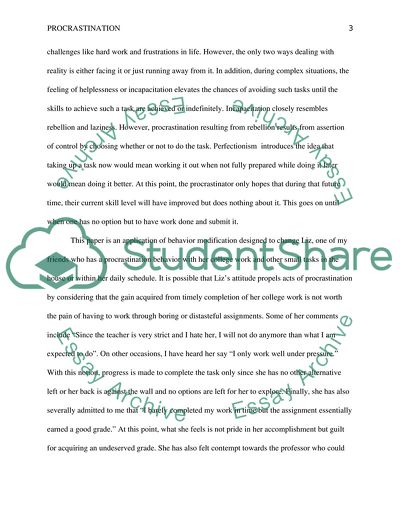Cite this document
(“Procrastination Research Paper Example | Topics and Well Written Essays - 2000 words”, n.d.)
Retrieved from https://studentshare.org/psychology/1648718-procrastination
Retrieved from https://studentshare.org/psychology/1648718-procrastination
(Procrastination Research Paper Example | Topics and Well Written Essays - 2000 Words)
https://studentshare.org/psychology/1648718-procrastination.
https://studentshare.org/psychology/1648718-procrastination.
“Procrastination Research Paper Example | Topics and Well Written Essays - 2000 Words”, n.d. https://studentshare.org/psychology/1648718-procrastination.


